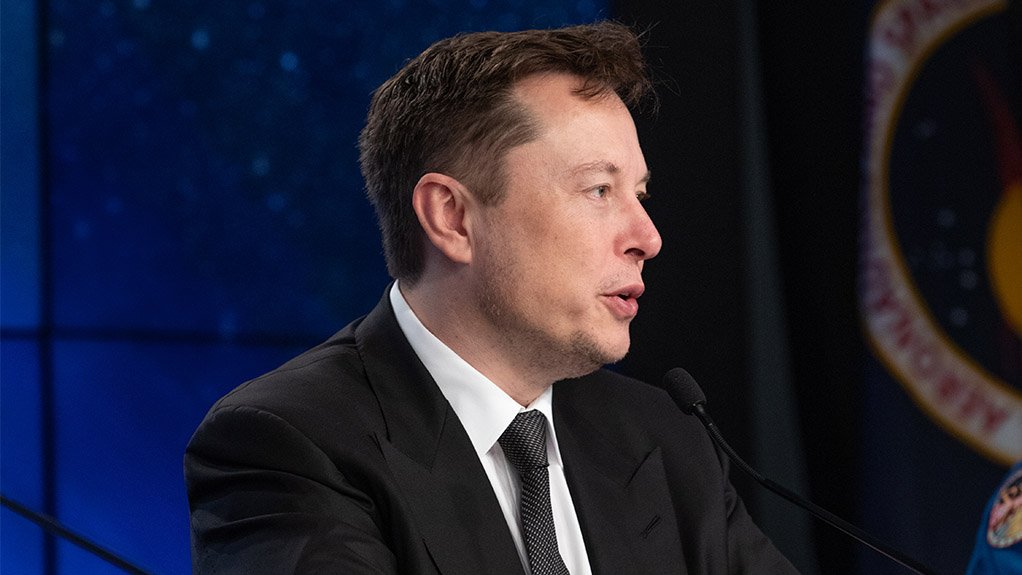South Africa’s government is proposing a workaround to Black ownership requirements that will pave the way for Starlink and other satellite services to operate in the country.
The government is proposing an equity equivalent regulatory change as a way around Black ownership rules designed to redress the inequities of apartheid, according to a government document seen by Bloomberg. The change would let Elon Musk’s satellite service enter the country by instead investing in alternatives including infrastructure or in small-and-medium sized Black-owned businesses in the country, the document shows.
The government had been planning to offer Musk a workaround to the ownership rules ahead of South African President Cyril Ramaphosa’s visit to the White House this week, Bloomberg reported previously. The new rules are meant as a concession as Ramaphosa seeks to mend strained relations and clinch deals for trade.
Africa’s largest economy is dealing with an onslaught of criticism by Musk and President Donald Trump — who’ve spread the false conspiracy theory that there’s a genocide against White people in South Africa.
The equity equivalent plan will form part of the Department of Communication and Digital Technologies’ medium-term plans, according to the document. The alternative to so-called Black economic-empowerment laws, which generally require 30% Black ownership in businesses operating in the country, will apply to any company operating in South Africa’s information and communications technology sector.
The auto industry in 2019 signed up for a similar workaround that involved the largest car manufacturers — including BMW AG, Ford Motor Co. and Toyota Motor Corp. — setting up a fund that would bring disenfranchised groups into the sector.
South Africa introduced BEE rules after the end of apartheid, during which Black people were subjugated and excluded from the formal economy by the ruling White minority. Musk, who was born in Pretoria, has persistently criticised South Africa’s race-based laws, calling them “openly racist.”
Starlink’s technology, which relies on a constellation of low-Earth orbit satellites, would be a potential game-changer for South African users who’ve historically faced expensive or unreliable internet options. Only 1.7% of rural households have access to the internet, according to a 2023 survey compiled by the local statistics agency.
EMAIL THIS ARTICLE SAVE THIS ARTICLE FEEDBACK
To subscribe email subscriptions@creamermedia.co.za or click here
To advertise email advertising@creamermedia.co.za or click here











